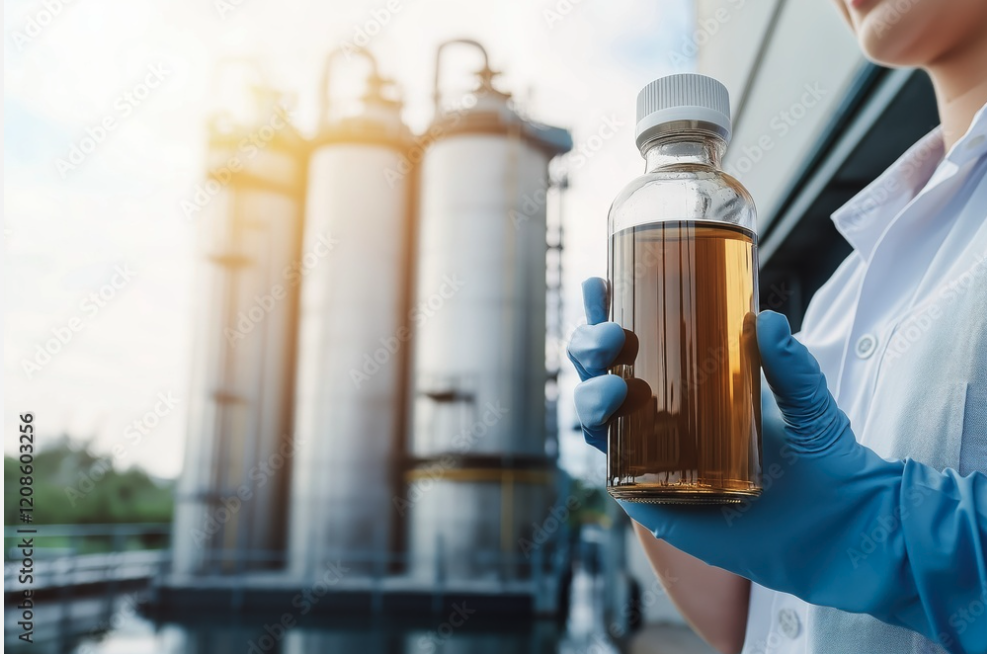by Jack Teska
Of course, water is an essential resource for agriculture, providing irrigation for crops and livestock, and sustaining ecosystems. Agricultural practices can amplify pre-existing issues through pesticides and fertilizers. However, the presence of pollutants in water bodies poses a significant threat to agricultural productivity and food security. Pollutants such as heavy metals, pesticides, industrial chemicals, and nutrient runoff from agricultural practices can contaminate water sources, leading to adverse effects on crop growth, soil fertility, and overall ecosystem health.
Industrial activities generate a wide range of chemicals and waste products that find their way into water bodies. Mining operations, and improper disposal of waste can introduce heavy metals like lead, mercury, cadmium, and arsenic into water sources. These metals can accumulate in crops and soil. Heavy metal-contaminated water can result in the deprivation of chlorophyll, which prevents flora from sustaining photosynthesis, and restricts stomatal conductance and nutrient uptake.
The use of pesticides in modern agriculture has undoubtedly increased crop yields, but can infiltrate water bodies through runoff and leaching, contaminating both surface water and groundwater. When used for irrigation, pesticide-contaminated water can introduce harmful chemicals into the soil and crops, leading to reduced yields and compromised food safety.
Nutrient runoff from excessive use of fertilizers carries high levels of nitrogen and phosphorus, leading to eutrophication—a process in which excessive nutrient enrichment triggers algal blooms. Algal blooms deplete oxygen levels in water, causing the death of aquatic organisms and disruption of ecosystems. Moreover, when water contaminated with high nutrient levels is used for irrigation, it can result in imbalanced nutrient uptake in crops, affecting their growth, nutrient quality, and susceptibility to diseases.
Water contamination and irresponsible agricultural practices are intricately linked in the agricultural industry. Improved water health plays a vital role in nutrient uptake, photosynthesis, transpiration, turgor pressure, disease resistance, and nutrient availability. Healthy crop fields prevent erosion and sedimentation in water sources, keeping both realms pure and sustainable. Issues with agriculture usually start with water quality, and improvements in water quality can uphold our very necessary farms, while deterioration by pollutants can wreak havoc on the farm and surrounding ecosystems.
IX Power Clean Water has introduced new solutions for removing pollutants from water sourced from all kinds of locations – including farms. You can help in the global fight against water pollution. Visit: https://www.startengine.com/offering/ix-water

0 Comments